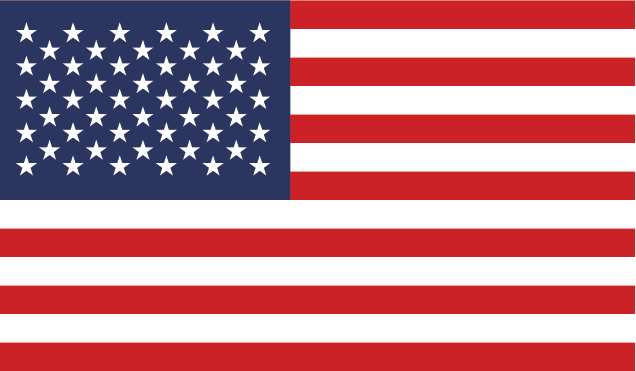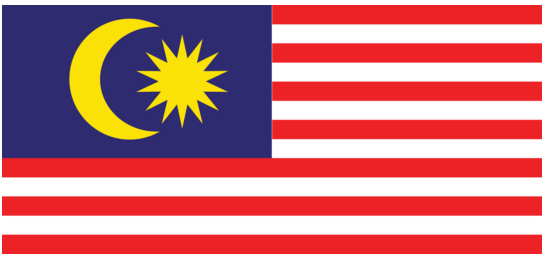
How TikTok Revived Its Ecommerce in Indonesia
How TikTok Saved Its Ecommerce Business in Indonesia
In 2021, TikTok launched its ecommerce platform, TikTok Shop, in Indonesia. With a user base reaching 130 million, it quickly became one of the most popular online shopping avenues in the country, paralleling its popularity in the United States. However, this burgeoning success faced an unexpected challenge in the form of new regulatory measures introduced by the Indonesian government, prompting TikTok to construct a strategic alliance that would salvage and revitalize its ecommerce ambitions in the region.
Navigating Regulatory Roadblocks
In a move to regulate the ecommerce landscape and separate social media activities from ecommerce transactions, the Indonesian government implemented a ban on social media platforms processing online payments. This regulation aimed to prevent the amalgamation of social networking and financial transactions on a single platform for enhanced consumer protection and market competitiveness. Consequently, TikTok was forced to suspend its ecommerce operations, impeding a significant revenue stream and leaving millions of users and sellers in a lurch.
Strategic Partnership with Tokopedia
Faced with regulatory constraints, TikTok executives quickly mobilized to find a feasible solution. Their efforts led them to Tokopedia, a dominant player in Indonesia's ecommerce sector and a subsidiary of the broader tech conglomerate GoTo. The collaboration envisioned between TikTok and Tokopedia bore strategic importance as it promised compliance with the new payment regulations while enabling TikTok to pivot its operations effectively.
The Deal Framework
Culminating in late October, the deal was crafted with critical stipulations aiming to rejuvenate TikTok Shop operations by Indonesia's pivotal shopping day, December 12. The main components of this agreement included:
- Integration of Payment Systems: TikTok incorporated Tokopedia's payment and delivery infrastructure into its ecommerce model, rerouting payments to comply with Indonesian regulations.
- Ownership and Investment Structure: TikTok secured majority ownership of Tokopedia, whereas GoTo maintained a share just below 25%. TikTok committed to an investment direction with up to $1.5 billion in the pipeline, with an initial $840 million to bolster the combined enterprise.
- Profit Sharing: GoTo, while tapering its ownership, was promised participation in profit-sharing from future sales on TikTok Shop, incentivizing both parties towards mutual growth.
Execution and Operational Revival
Launched as a pilot under government observation, TikTok Shop successfully resumed operations on December 11, integrating smoothly with Tokopedia's sophisticated infrastructure for logistics and payments. The strategic deployment utilizing Tokopedia's resources, including expansive warehousing and delivery networks, ensured a resumption of services that aligned with regulatory prescriptions.
While the restart marked a significant recovery milestone, the challenges concerning seller engagement and customer acquisition loomed large. Many sellers, like Edri, a vendor from Jakarta’s renowned market Pasar Tanah Abang, witnessed significant shifts in user behavior post-restart. Previously commanding sales of up to 100 jeans daily, sellers like Edri now grappled with recalibrating their customer bases due to the interim disruptions.
Lessons and Looking Forward
This experience underscores critical takeaways for global technology enterprises when functioning within diverse regulatory milieus. The TikTok-Tokopedia partnership highlights the necessity of local alliances in building resilient operational models that can withstand and rapidly adapt to regulatory fluctuations. It also peaceably illustrates the growing complexity of international ecommerce as local governments increasingly scrutinize and legislate tech giants’ engagements on their shores.
Moreover, the deal underscores the potential scalability challenges in rapidly disseminating new operational models across various regions. As TikTok expanded its merchant database from 6 million to 23 million affiliates, it further illustrated the intricacies of maintaining user engagement and loyalty amid changing technological ecosystems and market conditions.
In conclusion, while regulatory landscapes evolve, partnerships like the one between TikTok and Tokopedia stand testament to the innovative adaptive strategies that can be harnessed to ensure sustained business continuity and growth across an increasingly interconnected global marketplace. The story of TikTok's Indonesian resurgence serves as a formidable blueprint for tech companies aiming to weave seamlessly through complex regulatory tapestries while aligning with local socio-economic fabrics.
co-Founder of Pongo
 English
English 



